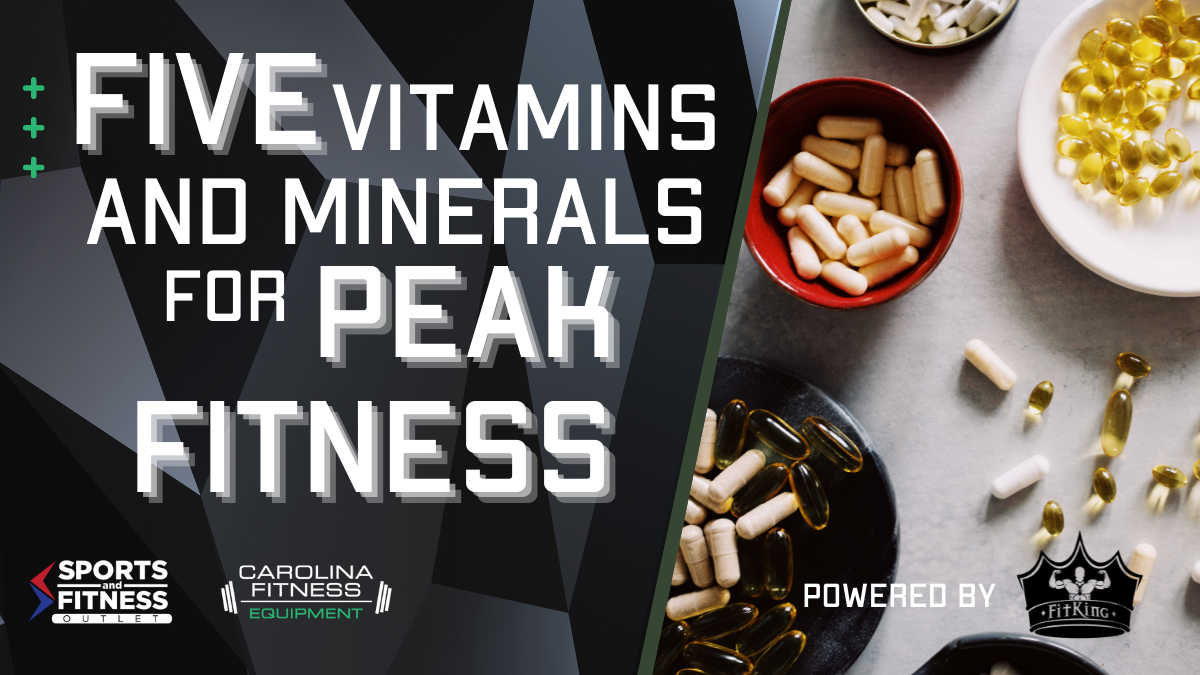Five Vitamins and Minerals for Fit Folks
To put your best foot forward in fitness, a nutritionally sound diet and proper hydration are essential. A direct way to tune up both of these aspects is to treat your body to the proper vitamins and minerals it needs to reach peak performance. While also necessary for resting bodily functions, vitamins and minerals become of heightened importance during exercise and post-workout recovery (5).
There are five core vitamins and minerals that we’ve found are especially important here. Each has an integral job to do in the body, which becomes especially active during exertion. In this article, we go over what each of these vitamins and minerals are and what their role is in the grander scheme of optimal performance in fitness.
Why Vitamins and Minerals Are Central to Fitness
During physical activity, the body undergoes various stresses causing it to consume more oxygen than it would while resting. This process, called oxidative stress, produces reactive molecules that cause post-workout inflammation and soreness. Strength training and other vigorous exercises can even cause micro-tears in the muscles. What happens afterward is the reparation and recovery of these things to form new, adapted muscle tissue that’s larger and stronger than before.
However, muscle reparation can only take place under proper conditions—conditions that can be met with the right nutrition. It’s especially crucial when considering that vitamins and minerals get depleted via sweat during exercise. These must be replenished and revived, kept at optimum levels in both day to day life and in the gym, in order to mitigate muscle recovery (3). Whether these vitamins and minerals are ingested in nutrient-rich foods or in supplement form, the important part is getting the daily recommended dose of each, at the very minimum if not more.
The Individual Roles of Vitamins and Minerals in Fitness
Vitamin A and Carotenoids
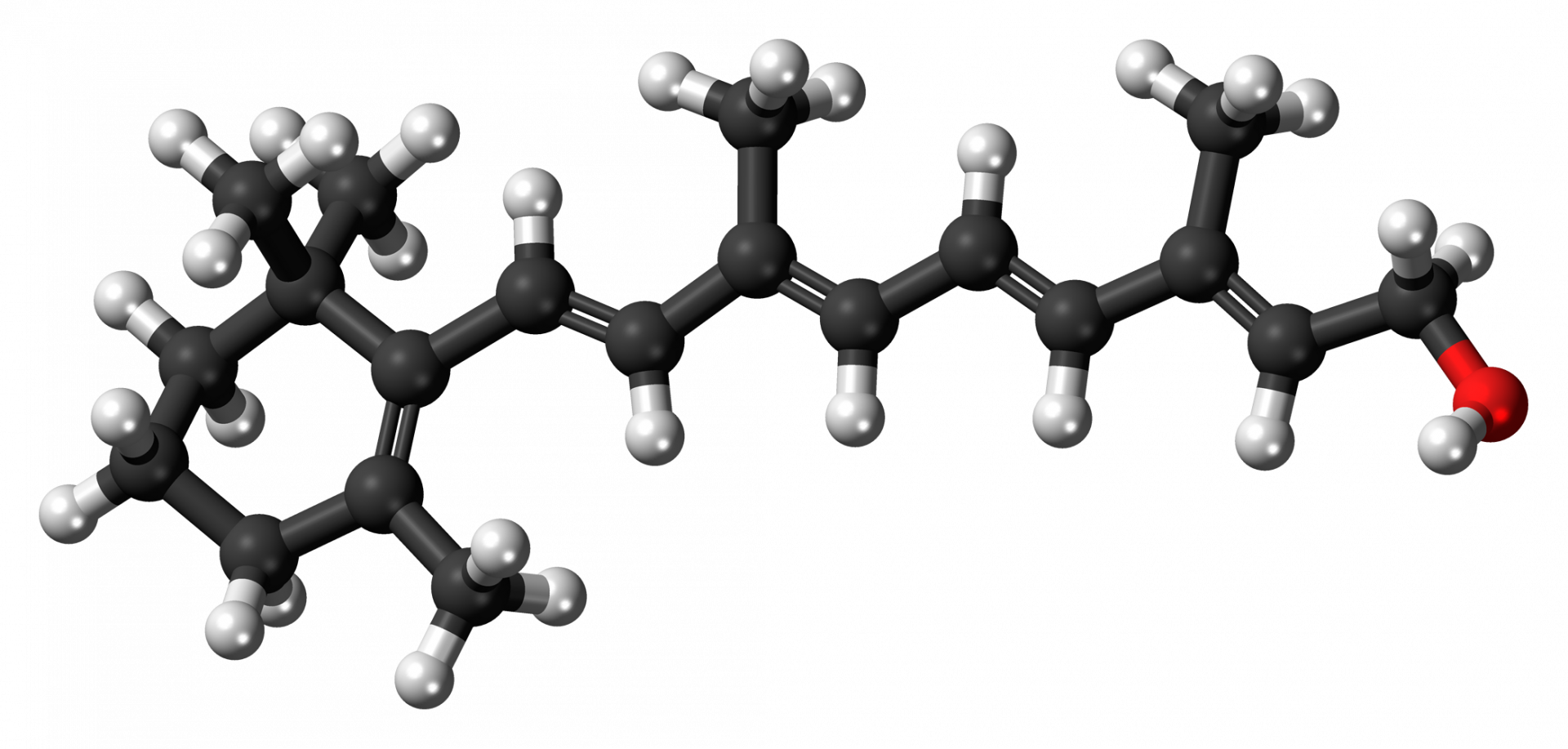
A great place to begin is with vitamin A. While it may not be the most standout of this bunch, this vitamin acts as a solid base on which the rest of your supplements can be best absorbed. Vitamin A supports proper immune system function and optimizes communications between cells—two functions that are both necessary for healthy growth and development.
When we ingest carotenoids, our bodies convert them into sources of vitamin A. This process supplies us with antioxidants that protect our cells against free radicals and other environmental damage. Think of vitamin A as the reliable foundation and framework of our immune system at a cellular level (8).
B Vitamins
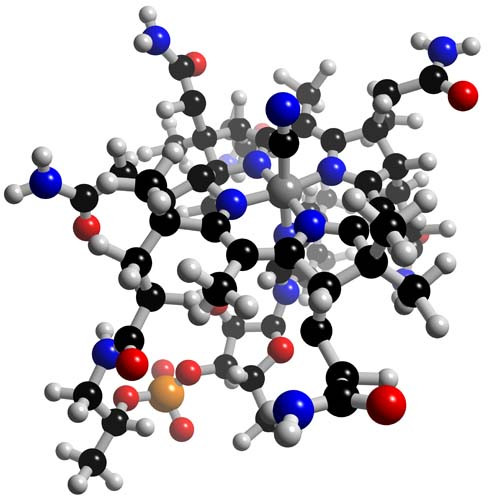
Next, how could we not bring up B vitamins? Perhaps the most relevant to active lifestyles, this group of vitamins is well-known for its ability to enhance and/or stabilize the conversion of proteins and carbs into energy. Within this broader function, B vitamins tend to micro-tasks that are vital in both exertion and recovery (9).
B vitamins are like tiny nurses that nurture damaged cells back to health, effectively reducing inflammation and conserving energy so you may continue acting at full bandwidth as you go about your day. Research has found that folks who exercise frequently or at higher intensities may require more of vitamins B2 and B6 to adequately metabolize energy to match their output (11). B12 has also evidenced a compelling ability to synthesize red blood cells. B vitamins coordinate the flow of energy throughout the cells, making them central to the nutrition of active people.
Vitamin C
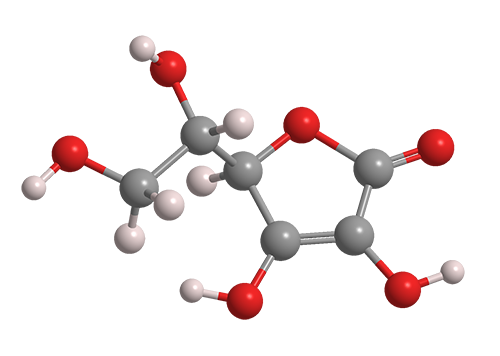
You can’t have health, healing, and recovery without Vitamin C. It’s an essential building block of our immune system that aids in the body’s healing process. It acts as a little sentinel standing watch over the growth and maintenance of bodily tissues such as collagen (10).
When a virus or any sort of sickness invades, a strong immune system enacts a defensive counterattack to kick it out of our body and then heals what might’ve been damaged in the process. A similar sequence of events occurs when our tissues undergo stress during exercise. The bodies’ immune system activates defenses so the tissues can rebuild their cells and heal. However, this process cannot happen properly without an intact, healthy immune system. Thus, getting enough vitamin C every day is an important precursor to optimal muscle recovery.
Magnesium
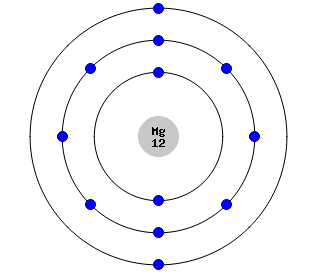
Most folks know magnesium to be the wonder mineral. Out of all minerals that we’re discussing, this one sets itself apart from the rest with its noticeable relaxing effects. While the others are more so markers for long-term health, the soothing benefits of magnesium can be felt instantly through things like epsom salt baths (2).
This element is a key part of our hydration. Magnesium is an electrolyte (like potassium and sodium) that we need to replenish after prolonged exertion (4). And we better, too—it’s responsible for over 300 enzyme functions within our cells (7)! Adequate magnesium intake promotes post-workout ease, synergizes nerve function, and overall protects our muscles from undertaking too much damage (1).
Iron
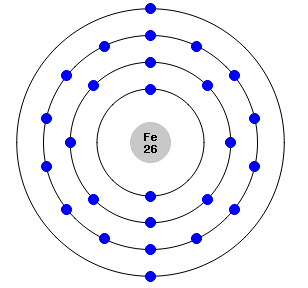
The other mineral worth mentioning here is unfortunately the most common deficiency found among humans. A large part of the global population has struggled with their iron levels for much of history and continues to today, despite the mineral’s crucial role in the body. This is in part because plant-based iron is more difficult to absorb than meat-based, causing an intake issue for vegetarians and vegans.
Iron is not only helpful, but required for athletic performance due to its job in the transportation of oxygen throughout cells. This means that iron is also employed to move nutrients about the body via the bloodstream, a process that gets accelerated during exercise. When there’s not enough iron to facilitate all this, the body consequently suffers from weakness and fatigue (6).
Did any of these core vitamins and minerals on our list surprise you? How do you get your daily doses? We’d love to hear from you!
+ if you find this blog post helpful, feel free to share a link to this article with your network or people you know who might need it. An easy way to do that is by using one of these links: Share this article on Facebook, TWITTER, LINKEDIN, or PINTEREST.
- Córdova, A., Mielgo-Ayuso, J., Roche, E., Caballero-García, A., & Fernandez-Lázaro, D. (2019). Impact of magnesium supplementation in muscle damage of professional cyclists competing in a stage race. Nutrients, 11(8). https://doi.org/10.3390/nu11081927
- International Sports Sciences Association. (2021, April 9). Magnesium for muscle recovery: How it works & how to use it. ISSAonline. Retrieved September 17, 2022, from https://www.issaonline.com/blog/post/magnesium-for...
- MacPherson, R. (2022, April 21). 9 vitamins and minerals that aid sports recovery. Verywell Fit. Retrieved September 17, 2022, from https://www.verywellfit.com/9-vitamins-and-mineral...
- Thomas, D. T., Erdman, K. A., & Burke, L. M. (2016). Position of the Academy of Nutrition and Dietetics, dietitians of Canada, and the American College of Sports Medicine: Nutrition and Athletic Performance. Journal of the Academy of Nutrition and Dietetics, 116(3), 501–528. https://doi.org/10.1016/j.jand.2015.12.006
- U.S. Department of Health and Human Services. (n.d.). Dietary Supplements for Exercise and Athletic Performance Fact Sheet for Health Professionals. NIH Office of Dietary Supplements. Retrieved September 18, 2022, from https://ods.od.nih.gov/factsheets/ExerciseAndAthle...
- U.S. Department of Health and Human Services. (n.d.). Iron-deficiency Anemia. National Heart Lung and Blood Institute. Retrieved September 18, 2022, from https://www.nhlbi.nih.gov/health/anemia/iron-defic...
- U.S. Department of Health and Human Services. (n.d.). Magnesium Fact Sheet for Health Professionals. NIH Office of Dietary Supplements. Retrieved September 18, 2022, from https://ods.od.nih.gov/factsheets/Magnesium-Health...
- U.S. Department of Health and Human Services. (n.d.). Vitamin A and Carotenoids Fact Sheet for Health Professionals. NIH Office of Dietary Supplements. Retrieved September 18, 2022, from https://ods.od.nih.gov/factsheets/VitaminA-HealthP...
- U.S. Department of Health and Human Services. (n.d.). Vitamin B12 Fact Sheet for Health Professionals. NIH Office of Dietary Supplements. Retrieved September 17, 2022, from https://ods.od.nih.gov/factsheets/VitaminB12-Healt...
- U.S. Department of Health and Human Services. (n.d.). Vitamin C Fact Sheet for Professionals. NIH Office of Dietary Supplements. Retrieved September 18, 2022, from https://ods.od.nih.gov/factsheets/VitaminC-HealthP...
- Ueland, P. M., Ulvik, A., Rios-Avila, L., Midttun, Ø., & Gregory, J. F. (2015). Direct and functional biomarkers of vitamin B6 status. Annual Review of Nutrition, 35(1), 33–70. https://doi.org/10.1146/annurev-nutr-071714-034330



